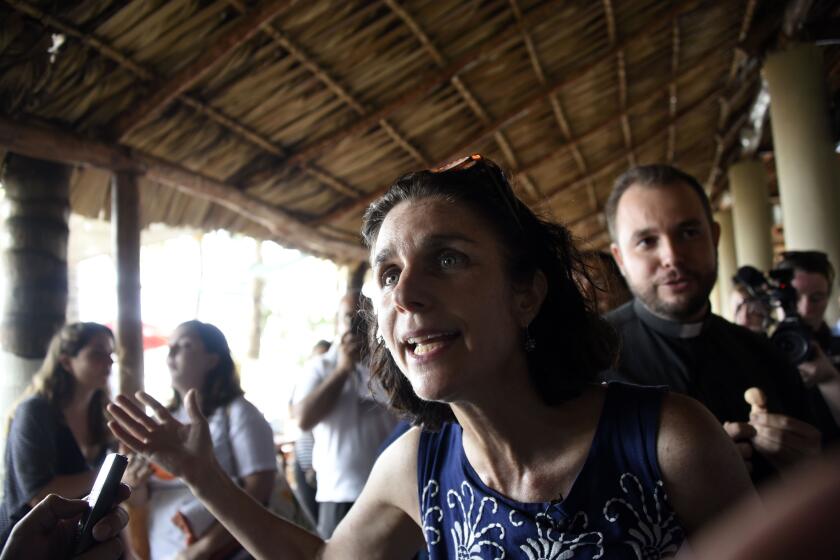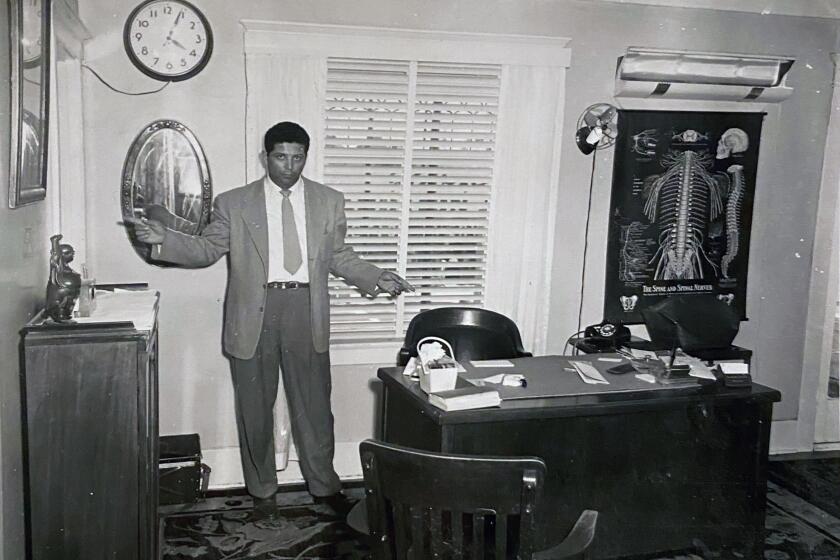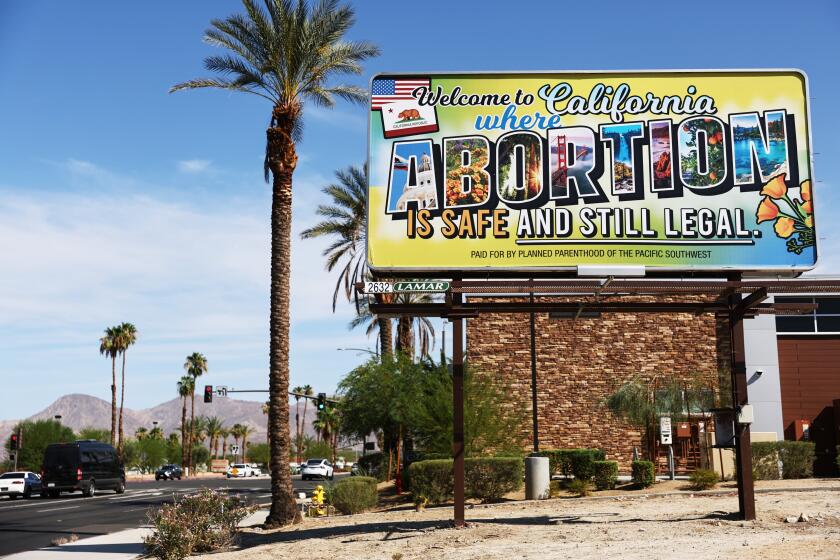Kansas OKs bill that penalizes doctors for some abortions

TOPEKA, Kan. — Doctors accused of not providing enough care to infants delivered alive during certain kinds of abortion procedures in Kansas could face lawsuits and criminal charges under a bill that won final approval Tuesday in the state’s Republican-controlled Legislature.
The legislation faces an uncertain fate in a legal and political climate that’s made Kansas an outlier on abortion policy among states with GOP-led legislatures. The bill applies not only to “botched” or “unsuccessful” abortions but also when doctors induce labor to deliver a fetus that is expected to die within minutes or even seconds outside the uterus, which often occurs because of a severe medical issue.
The Kansas House voted 86 to 36 to approve a proposed “born-alive infants protection” law similar to a proposed law that Montana voters rejected in November. The Senate approved the measure last week and it goes next to Democratic Gov. Laura Kelly, who vetoed such a bill in 2019.
The Senate voted 31 to 9 for the bill last week, meaning it passed both chambers with more than the two-thirds majorities necessary to override a potential veto from Kelly.
Abortion pills: European doctor vows abortion bans or court rulings won’t stop her from getting medications to U.S. states including Texas, California.
“We can have differing views on abortion and still agree on the need for this legislation as a humanitarian issue,” the state House’s three top Republicans said in a joint statement.
Even if abortion opponents succeed in overriding any veto, the measure could still be challenged in court and not enforced. Lawsuits have prevented Kansas from enforcing a 2015 ban on a common second-trimester abortion procedure and a 2011 law imposing extra health and safety rules for abortion providers.
Kansas abortion opponents haven’t pushed to ban abortion outright despite the U.S. Supreme Court’s decision in June 2022 that the U.S. Constitution allows it. The Kansas Supreme Court ruled in 2019 that access to abortion is a “fundamental” right under the state constitution, and in August, voters decisively rejected a proposed change to strip away protections for abortion rights.
The “born alive” measure is premised on a claim that abortion providers leave newborns to die if they’re delivered alive during an abortion procedure. Critics of the bill said the state would be intervening in difficult medical and ethical decisions between doctors and parents. They also said parents could be forced to accept futile and expensive care.
“If the infant is born alive and only has minutes to live, the mother, the father, the family, have the right to ask for palliative care and embrace the infant until it is no longer breathing,” said state Rep. Susan Ruiz, a Kansas City-area Democrat.
Could L.A.’s past hint at possible enforcement in states with new abortion bans?
The measure is similar to laws in 18 other states requiring infants delivered alive during labor and delivery abortions to go to a hospital and imposing criminal penalties for doctors who don’t provide the same care “a reasonably diligent and conscientious” provider would with other live births.
In Kansas, failing to provide reasonable care for such a newborn would be a felony, punishable by a year’s probation for a first-time offender. Also, the newborn’s parents and the parents or guardians of minors seeking abortions could sue providers.
Like most states, Kansas doesn’t collect data on births during induced abortion procedures or other abortion procedures. The bill would require annual reports to the state.
Antiabortion groups assert that there are probably hundreds of infants delivered alive during abortion procedures each year in the U.S. The argument is based on extrapolating data from the handful of states requiring reports of such live births, as well as from data from most Canadian provinces.
“One important aspect of the bill is that it would require that reporting on abortion survivors,” said Kelsey Pritchard, spokesperson for the national anti-abortion group Susan B. Anthony Pro-Life America.
A new bill is part of a larger package aimed at further enshrining California as a safe haven for abortion and reproductive healthcare.
Abortion rights supporters argue that the Kansas measure and laws in other states paint a misleading picture of abortion care.
In Kansas, no abortions after the 21st week have been reported since at least 2016, and, according to the U.S. Centers for Disease Control and Prevention, less than 1% of the more than 600,000 abortions a year occur after the 21st week of pregnancy. The American College of Obstetricians and Gynecologists says almost no fetuses are viable before the 23rd week of pregnancy.
Critics of the measure also argue that existing laws against homicide are sufficient to deal with what they see as a rare issue. They also argue that passing the measure defies the statewide vote in August affirming abortion rights.
“This bill is absolutely unecessary,” Democratic state Sen. Pat Pettey of Kansas City said during a debate last week. “This bill will traumatize mothers who desperately want to be mothers, who already are dealing with the most heartbreaking moments of loss imaginable.”
More to Read
Get the L.A. Times Politics newsletter
Deeply reported insights into legislation, politics and policy from Sacramento, Washington and beyond. In your inbox three times per week.
You may occasionally receive promotional content from the Los Angeles Times.













